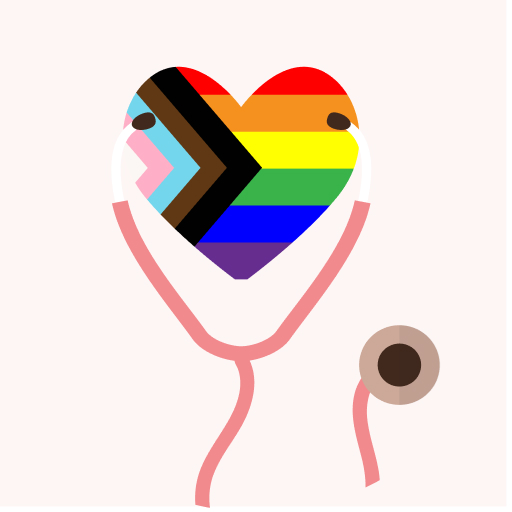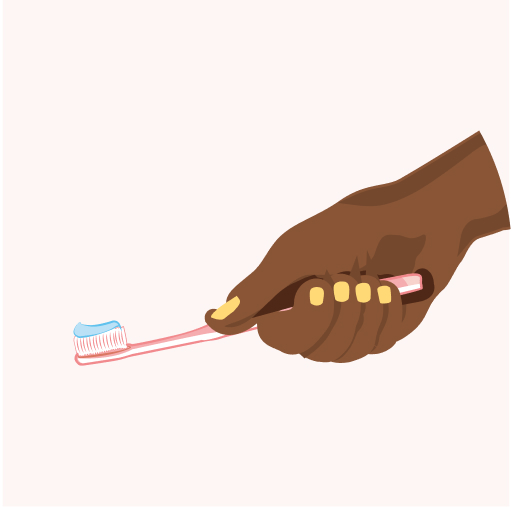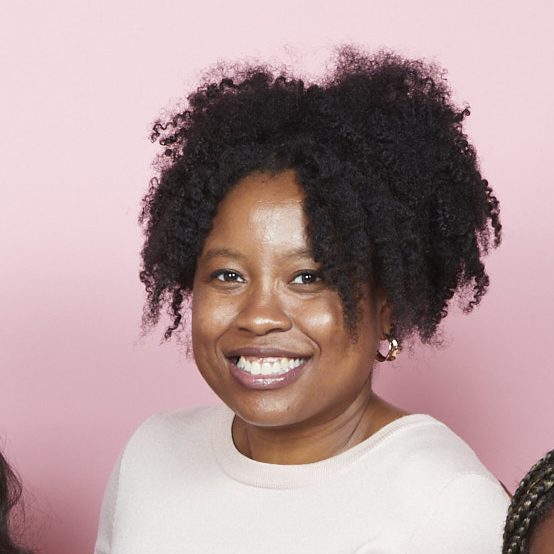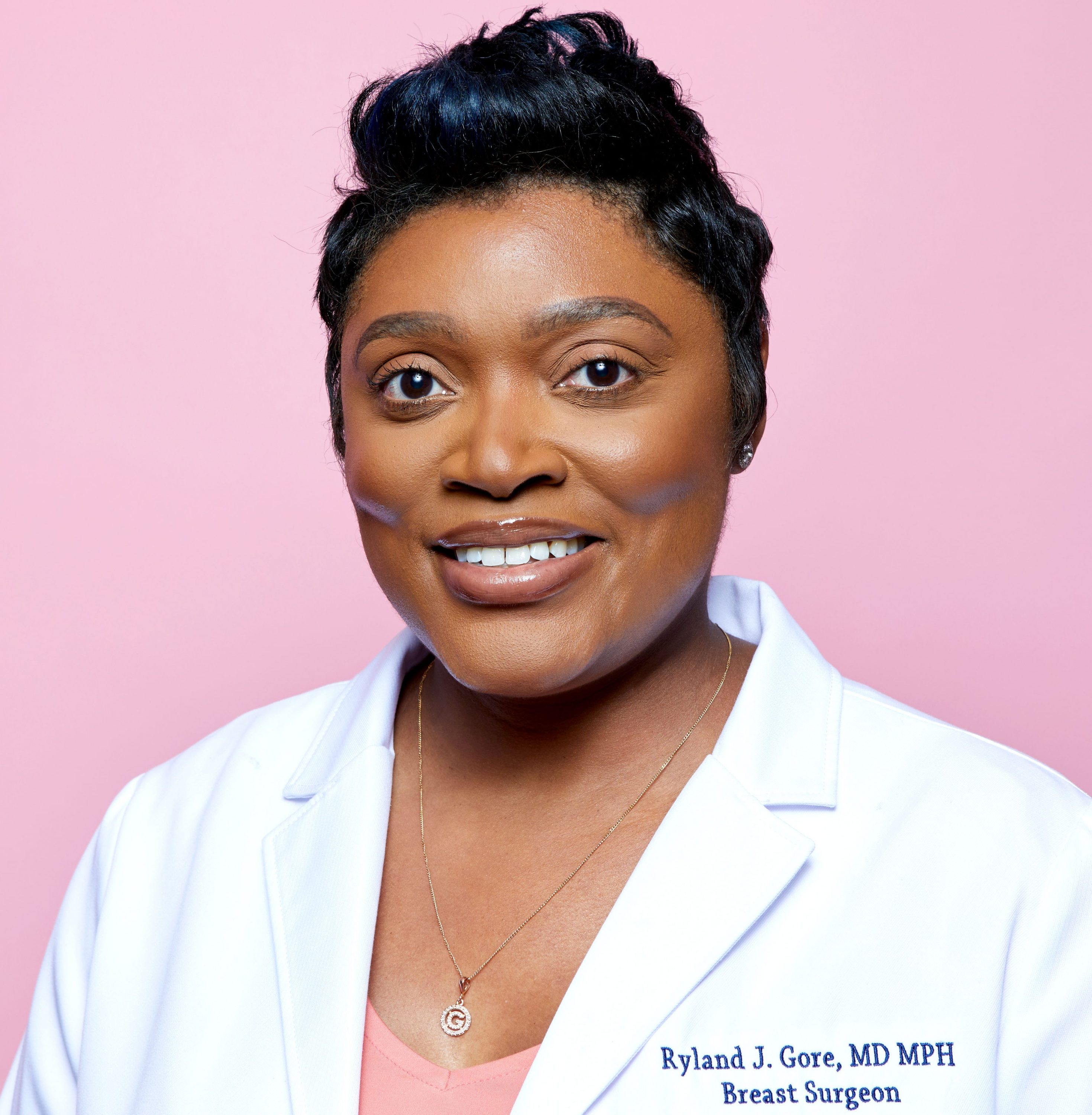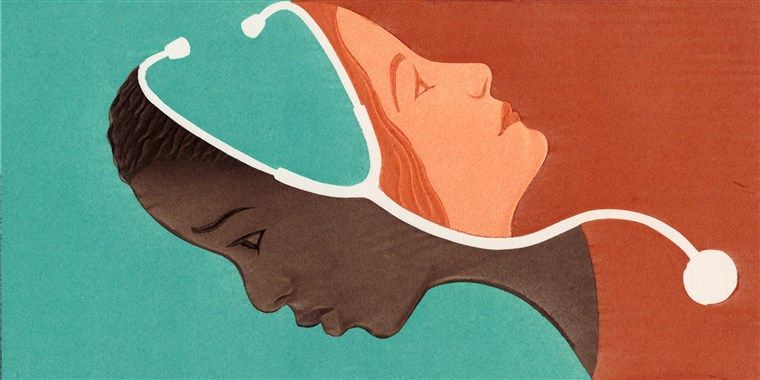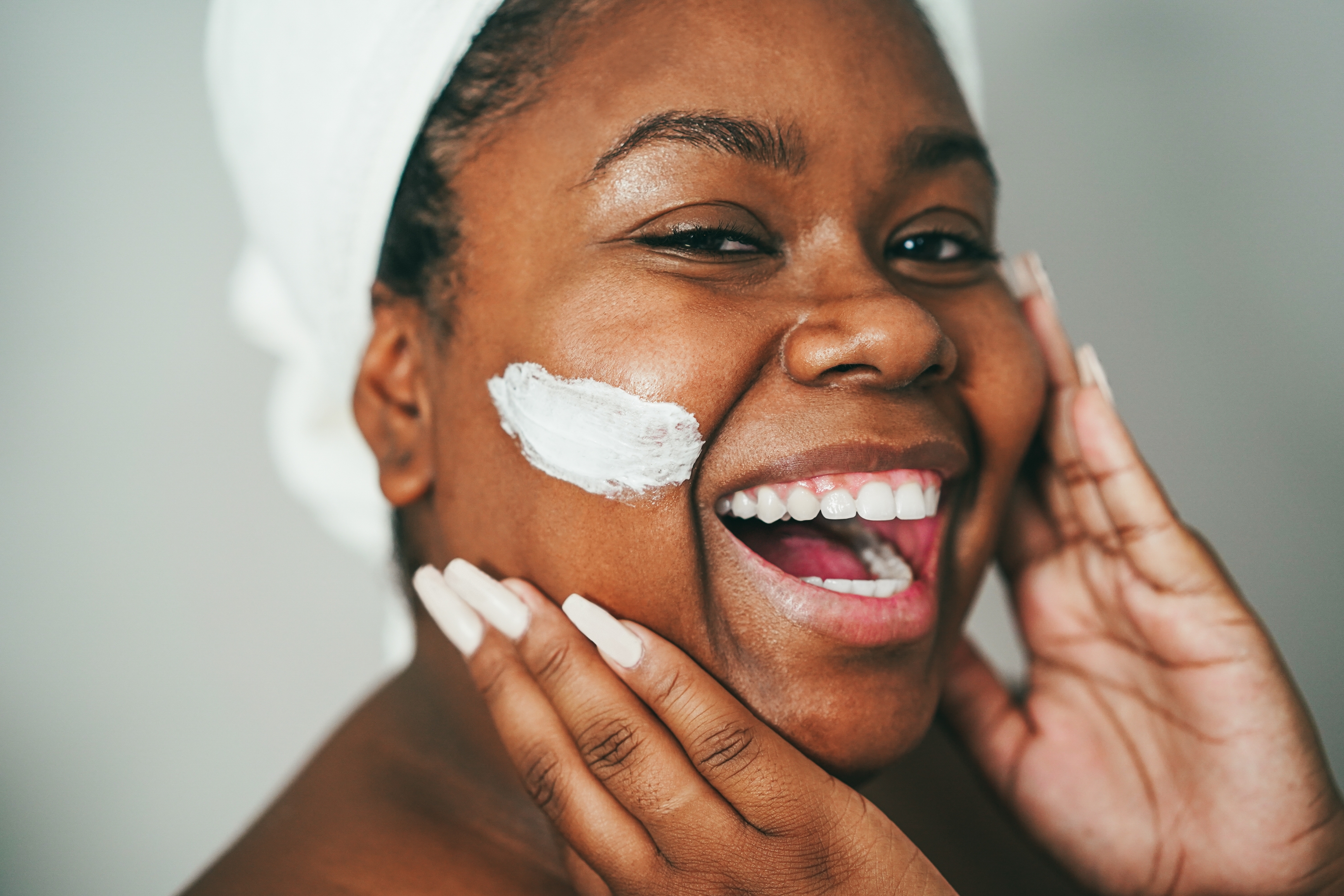
Aveeno® and Health in Her HUE are Working Together to Address Skin Health Equity
As Black women, we know how important it is to treat our skin with love. From finding sunscreen that blends in perfectly to banishing ashiness with hydrating lotions and oils, taking care of our skin is an essential part of how we take care of ourselves. Still, despite our efforts to keep our skin healthy and glowing, there are healthcare disparities that impact our access to quality dermatological care. Given the prevalence of eczema and other sensitive skin conditions in the Black community and their impact on children and adults alike, closing the skin health gap is an urgent health equity imperative for organizations and companies focused on better skin health outcomes for Black patients.
That’s why we are so excited to announce that Aveeno® – a leader in skincare – is collaborating with Health in Her HUE as part of their SkinVisibility commitment to health equity. We will work together to provide skin of color patients with access to resources for sensitive skin conditions and eczema care.
Aveeno® is sponsoring 500 free premium Health In Her HUE memberships for women who suffer from sensitive skin and/or eczema, or have a child who suffers from sensitive skin and/or eczema. This means 500 individuals will get unlimited access to our Community Conversations led by subject matter experts, discussion forum, and robust library of evidence-based, culturally attuned articles and videos. Make sure to claim your free membership and register HERE today!
Historically, clinical research and medical training have not focused on skin of color, ultimately leading to the underdiagnosis of conditions impacting patients with deeper skin tones. In fact, eczema is the second-most prevalent skin disease to affect Black Americans and it often goes undiagnosed. A study conducted by Aveeno® shows that Black Americans are struggling with finding providers that understand their skin and are not seeing dermatologists on a regular basis. Black Americans shared that some of the roadblocks to finding a provider are finding someone that understands their skin (45%), is located nearby (34%), and one in five never thought they needed to see a dermatologist at all.
Research has shown that Black children with eczema were 30% less likely than white children to see a doctor for their condition, so it’s important that parents do the same for their children and take them to dermatologists to be evaluated. Additionally, Black children who do see a doctor about their condition require more frequent visits and receive more prescriptions than white children, indicating more severe illness.
The Aveeno® State of Skin Sensitivity Report uncovered that 50% of adults with moderate to severe atopic dermatitis, the most common type of eczema, say it significantly limits their lifestyle impacting emotional and mental health, physical activity, social functioning, sleep disturbance, work productivity, leisure activities and family relationships; and another study found that Black and Hispanic children were more likely than white children to miss school due to eczema.
To help those with skin of color of all ages care for their skin, Aveeno® has collaborated with Health in Her HUE to expand the resources it provides related to skin health. You can take the steps below to help you care for your skin.
- Sign up for the free Health In Her HUE premium membership, sponsored by Aveeno®, for access to community forums, educational health content, virtual and live on-demand events, and provider directory. Available first come, first serve to the first 500 people.
- Watch and read the educational content provided by Health In Her HUE to better understand your skin conditions and become more informed on ways to manage your skin.
- Pay attention to your skin and note any changes or symptoms like itching, discoloration, or rash.
- Find a dermatologist or pediatric dermatologist through the Health In Her HUE platform that is specific to your skin’s needs.
- Come prepared with questions for your dermatologist appointment so the doctor can best assist with what your needs are.
- Book a follow-up appointment to ensure you are visiting the dermatologist consistently and being proactive about your skin’s health.
- Join our upcoming Aveeno® sponsored Community Conversation on Wednesday, October 4 to talk more about sensitive skin solutions. For more information about the event and to register to attend, please click here.
Closing the skin health equity gap requires commitment from all of us, and we’re proud to collaborate with a brand that is taking action to address the sensitive skin health needs of our community. Stay tuned for more to come from our work with Aveeno®.
More Content
General Health
Let's Stop Only Naming Racism in Healthcare, Let's Cancel It
For a long time we’ve been trying...
General Health
5 Things You Can Do To Start Improving Your Home for Your Health
In today’s world, it’s ever more crucial...


